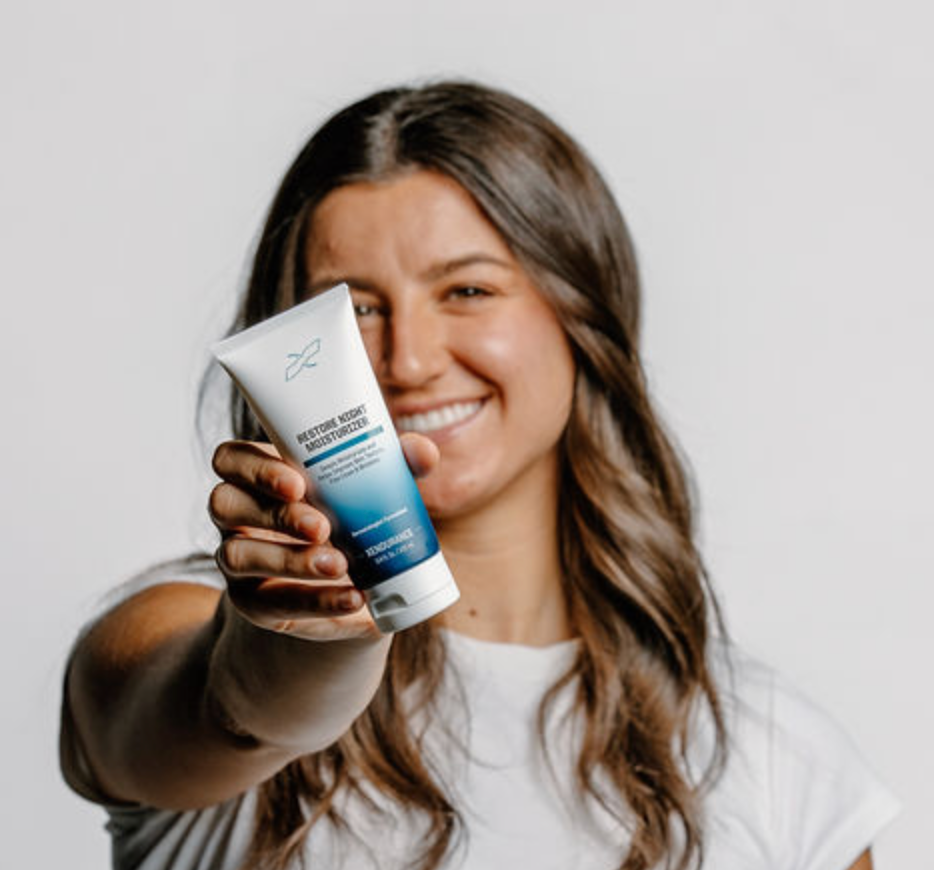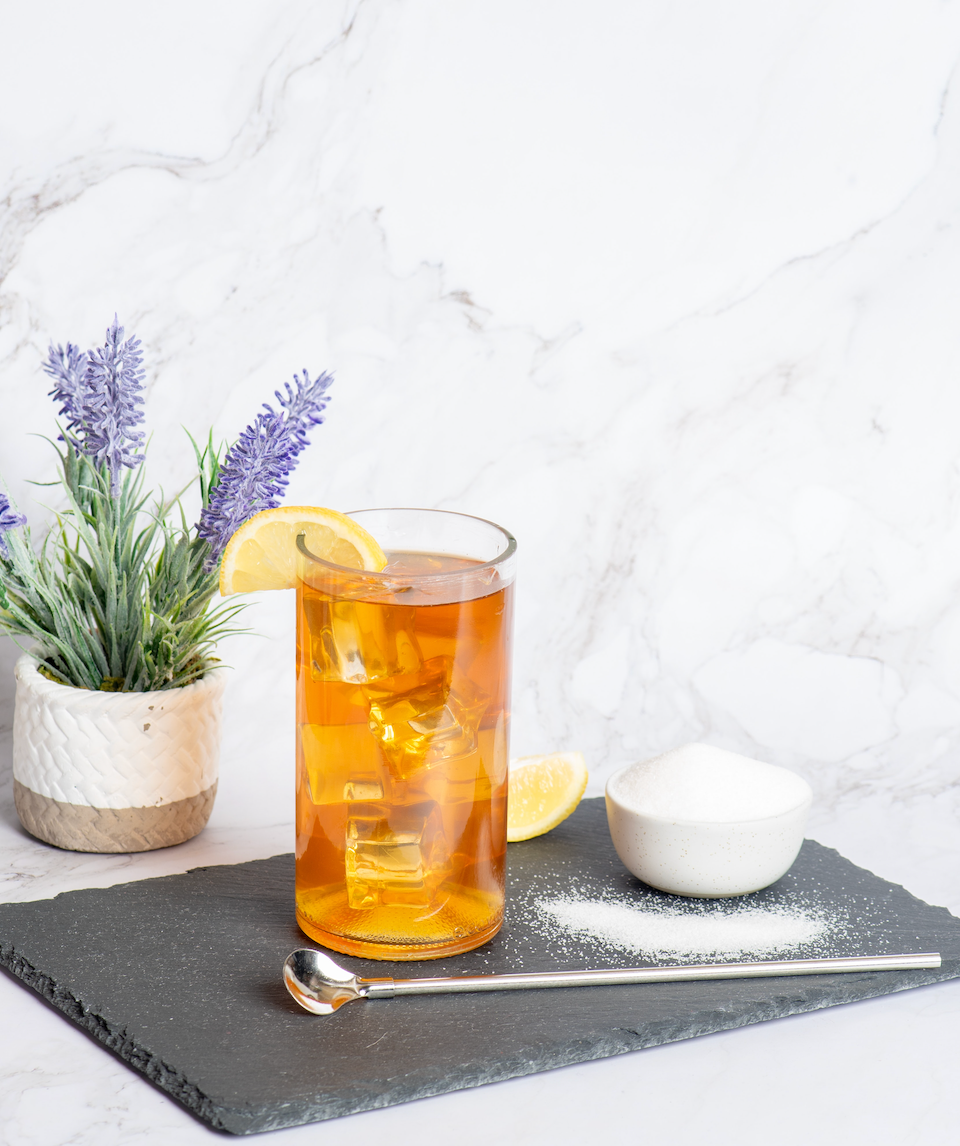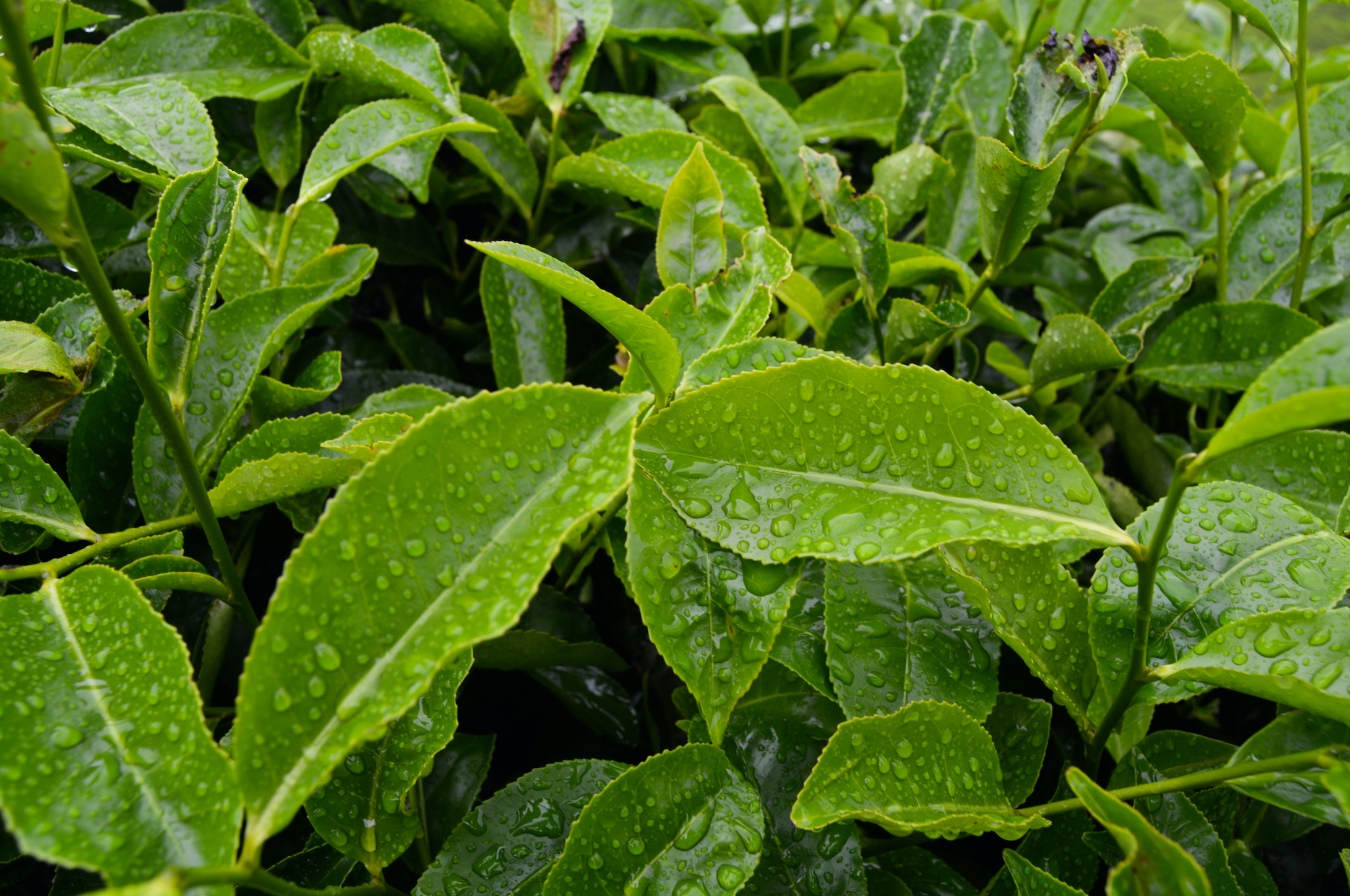Most of us have experienced having acne at some point in our lives. In fact, many people are still dealing with acne symptoms well into adulthood. As if the presence of acne isn’t problematic enough on its own, it can also leave scars behind - which can be a painful reminder of a battle you once lost.
Don’t fret, there’s always hope - especially once you know how to deal with them correctly. In this article, we’ll talk about acne, its symptoms, and how to clear up acne.
What Is Acne?
Acne is an inflammatory skin disorder that happens when clogging from hair, sebum (oil), and keratinocytes (a type of skin cell) occurs on the hair follicles under the skin.
The mixture of cells and oil allows the bacteria on the skin to grow in the plugged follicles, leading to swelling, pain, and redness in the area. Then, when the affected follicle’s wall breaks down, the bacteria, sebum, and cells spill into the nearby skin, creating lesions, pimples, or even “zits” that you can often see and feel.
What Are Acne Symptoms?
Symptoms include changes in the skin, such as:
- Appearance of small cysts
- Papules, which are small inflamed red bumps on the skin
- Pustules, which are bumps that appear white due to pus
- Redness
- Scarring
- Appearance of blackheads or whiteheads
Acne occurs more frequently on the face and shoulders but may also appear on other areas of the body like the chest, back, arms, legs, trunk, or even around the butt.

How to Treat Acne
Acne and its symptoms can be persistent and frustrating to deal with. The good news is that you can treat and manage acne on your skin in several ways, especially on your face.
Here are 6 ways you can treat your acne.
1. Eat Foods That Are Good for the Skin
Maintaining healthy skin may be a good way to keep acne at bay.
Studies show that consuming foods that are rich in simple sugars or “high-glycemic” carbohydrates, dairy, and saturated or trans fats may lead your sebaceous glands to produce more sebum. In turn, this may lead to higher chances of developing acne.
To lessen the risks of getting acne, you may try including low-glycemic foods in your diet. Examples of these foods are whole grains (brown rice, quinoa, oatmeal), legumes, and fresh fruits and vegetables, particularly those that are yellow or orange (carrots, sweet potatoes, and apricots).
Vitamins A and E, the mineral zinc, and antioxidants are also considered beneficial nutrients for the skin. Thus, you may try eating foods rich in these nutrients or consider taking dietary supplements.
2. Drink Plenty of Fluids
Alongside eating healthy foods, keeping yourself well-hydrated may also help give you acne-free skin.
This is because dry skin tends to produce more oil, which increases your chances of developing acne due to its presence clogging up your hair follicles. Studies show that drinking more water might positively impact your skin and may even improve your skin hydration, particularly if you have had lower water consumption before.
Furthermore, being well-hydrated can help your immune system work more effectively and properly. This is vital for its ability to fight off bacteria and inflammation, which may help prevent acne.
While the amount of water you would need daily to be well-hydrated may depend on certain factors like your age, weight, activity levels, etc, a good way to start this healthy regimen is by drinking at least 6 cups daily.
3. Don’t Pop Your Pimples
We know it’s tempting, but popping those inflamed bumps yourself as a way to clear your skin may just lead to more problems for you down the road.
Side effects of incorrectly popping pimples will only leave you dealing with:
- Acne scars
- An infection
- More noticeable, painful acne
This is because you’ll only cause the pimple’s contents to dive deeper into the skin, increasing your chances of getting inflammation, infection, and even scarring.
Further, if your hands have not been thoroughly washed or cleaned when you pop your pimples, you might get an infection from the bacteria on your hands then.
It’s always better to keep your hands off your acne than risk getting worse pimples due to not doing so.
4. Wash Your Face Regularly
You might have noticed that there are a lot of skincare products out there that are made specifically for acne-prone skin. This is because using skincare to fight acne is an effective way to help you manage this skin problem.
In particular, washing your face after a day out or even after sweating is very essential to keep your skin clean and clear. Choosing a product that’s gentle and non-abrasive will also help make sure your skin won’t get irritated by it, either.
That’s why Xendurance® Rejuvenating Facial Cleanser is a great choice in your battle against acne.
It’s a gentle, soap-free product that thoroughly cleans your skin without irritating or depleting its moisture barrier. Additionally, it’s packed with vitamins and antioxidants that help rejuvenate and soothe your acne-damaged skin.
Using it regularly will keep your skin feeling refreshed, well-nourished, and fully hydrated as well - all great qualities for healthier-looking skin.
5. Use Topical Products
Aside from cleansers, there are other skincare products that you can use to treat acne - like gels, creams, and ointments.
The important factor to look for is the product’s ingredients. Those containing benzoyl peroxide, topical retinoids, and azelaic acid are good choices to try.
Benzoyl peroxide is good to use to help reduce the number of blackheads and whiteheads on your face. It does so by reducing the number of bacteria on your skin. It also has an anti-inflammatory effect that helps calm down any inflamed bumps that you may have.
Meanwhile, topical retinoids like tretinoin and adapalene work by exfoliating the dead cells off your skin, so there are fewer chances of them clogging up your hair follicles.
Lastly, azelaic acid is used as an alternative treatment if the side effects of benzoyl peroxide or topical retinoids are too painful or irritating for you. It also works on acne by killing bacteria and removing dead skin.
6. See a Dermatologist
If these treatments do not work, you may visit your dermatologist for a more thorough diagnosis.
This is especially true if you are experiencing many papules and pustules or have painful nodules. Your dermatologist may prescribe you antibiotic tablets or even certain therapies to help treat your acne.
Frequently Asked Questions
What Age Is Acne the Worst?
People between the ages of 12 and 24 tend to be the most affected by acne. It often begins at puberty, with girls getting affected by it earlier than boys.
Can Acne Disappear by Itself?
It depends from person to person. Many affected teens may find their acne has improved as they grow older. While some people will eventually outgrow acne, others can still suffer from it even in their 40s.
You’re Not Alone In Your Fight Against Acne
Acne is a common skin condition affecting people in their 40s. However, this doesn’t mean you can’t do anything about this skin condition - especially if it’s already affecting your confidence.
Learning how to treat acne the right way, no matter the age, will be very helpful. Know that you are not alone in this fight, and as long as you take the right steps, clear and acne-free skin is not an impossibility.









Leave a comment
This site is protected by hCaptcha and the hCaptcha Privacy Policy and Terms of Service apply.